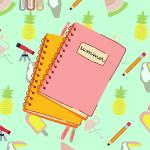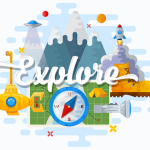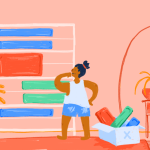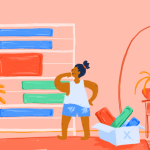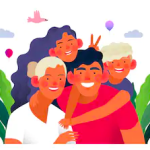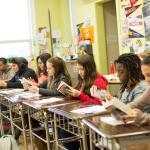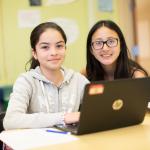Learning Loss Brainstorm Framework
This document, designed for department planning meetings, is meant to generate ideas about what students will need to combat summer learning loss, what you as an educator will need, and how to creatively meet those needs. Together, your team will consider:
- Social Emotional Support for Students - How can we diagnose where students are and build more social-emotional work into the first quarter of the year?
- Community Building - How can we strengthen community in Quarter 1?
- Supporting Students’ Non-Cognitive Skill Growth - We’re going to continue asking students to be more independent. In what ways do we need to be coaches, and how do we plan for that?
- Curriculum - How can we plan for a curriculum that may need to shift, considering what instruction was missed in Q4 and that we may need to teach remotely again?
